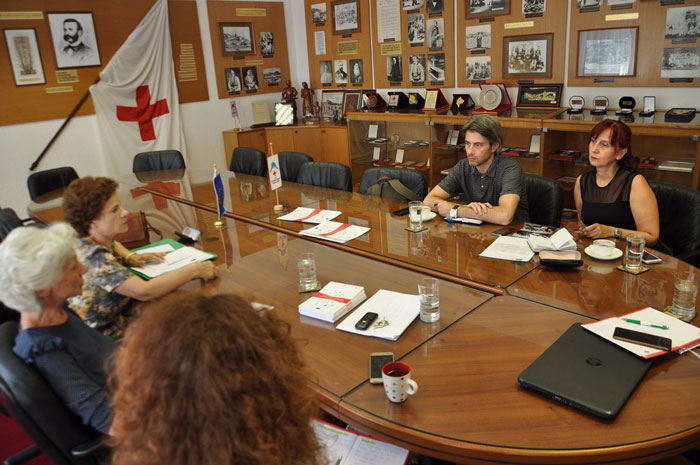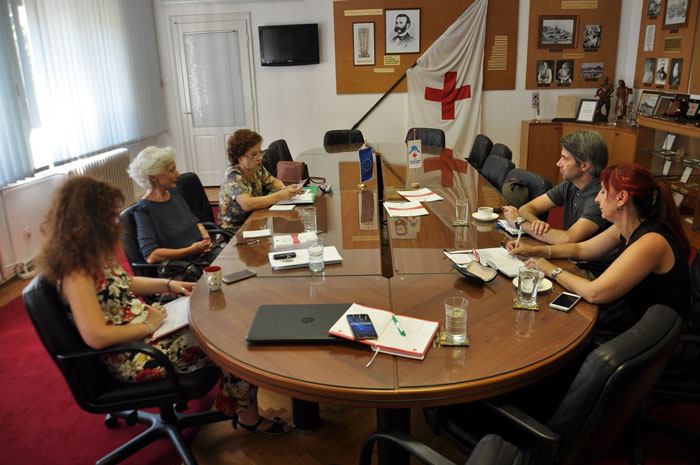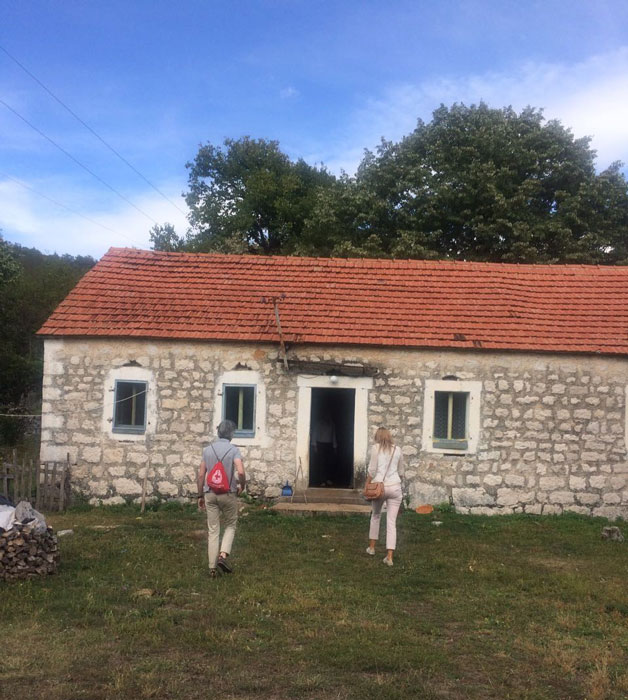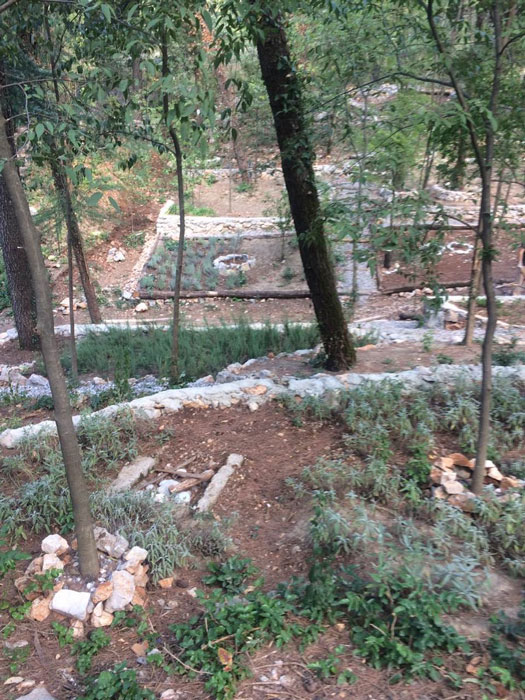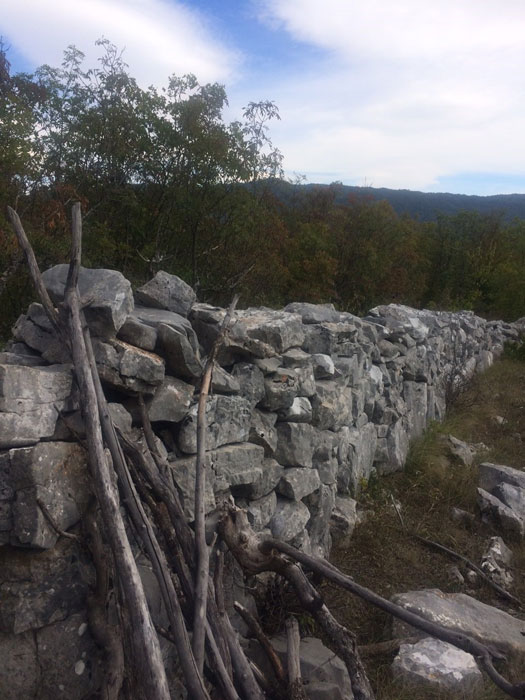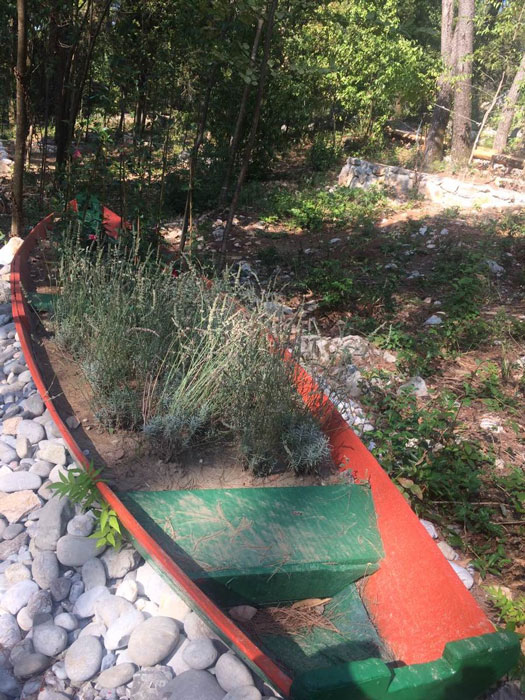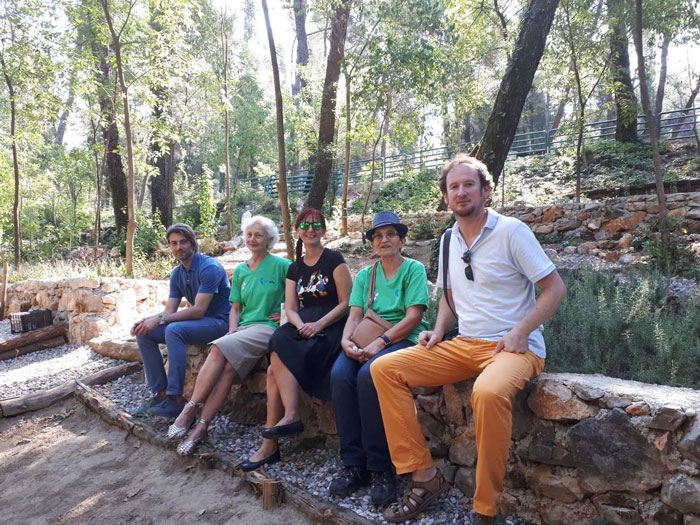Monitoring visit to the Red Cross of Montenegro and Dignitas Network
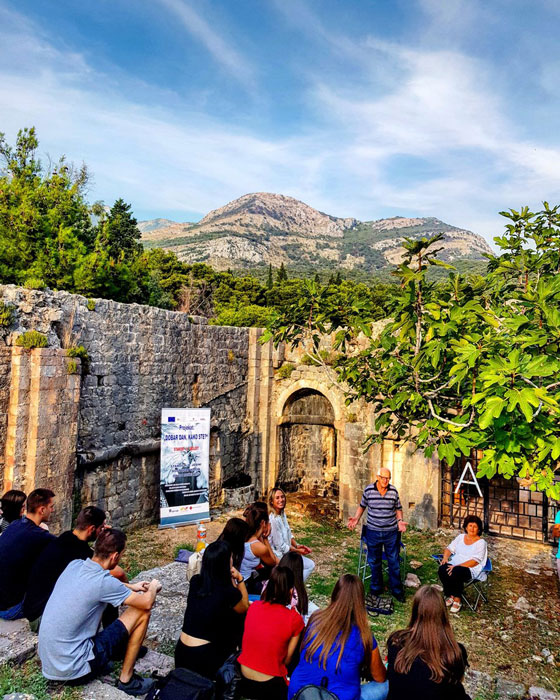
As one of the activities in the “Taking Action on Social Inclusion of Older People” (TASIOP) project the representatives of the Red Cross of Serbia have between 8 and 12 September been in a monitoring visit in Montenegro. In addition to meeting the project partners this visit also encompassed visits to six organisations implementing microprojects. This visit showed that the Network built in Montenegro during the project implementation became sustainable and an important factor in advocating for improved quality of life of older women and men in Montenegro. All the Network members are highly motivated for the Network to continue with the activities and agree that cooperating with networks in the region is important in the future.
In addition to meeting with the Secretary General of the Red Cross of Montenegro, Ms. Jelena Dubak and the TASIOP project coordinators in Montenegro, Mr. Igor Jokanovic and Ms. Jelena Sofranac, the Red Cross of Serbia representatives, Ms. Natasa Todorovic and Mr. Milutin Vracevic visited six civil society organisations that have developed small scale projects aiming to enhance and support social inclusion of older people. These projects contribute to the initiative of developing and inclusive society for all ages in different ways as well as to the improved quality of life of older people in different communities in Montenegro.
Civil society organisation “Nase doba” from Podgorica uses computer literacy workshops to improve digital inclusion of older persons and make access to services easier to them, while civil society organisation “Povjerenje” from Bar organises lectures and workshops aiming to develop intergenerational solidarity. Also visited was civil society organisation “Humanitarac” from Niksic that designed its activities to strengthen older people from rural areas, working to the goal of no one being left behind. As is the case in other countries of the Western Balkans, people living in rural areas has a more difficult access to healthcare and social welfare services and majority of them live in single older households. On the same day a visit was paid to civil society organisation “My Way” from Cetinje whose project is focused on improving the health of older women and organises lectures on health and prevention.
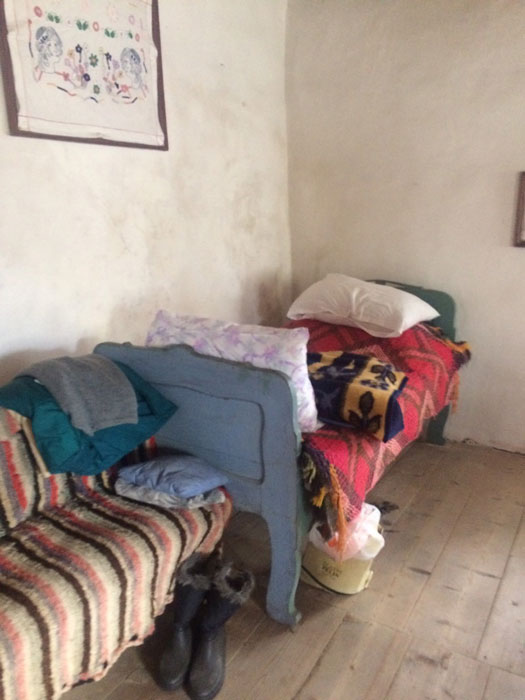
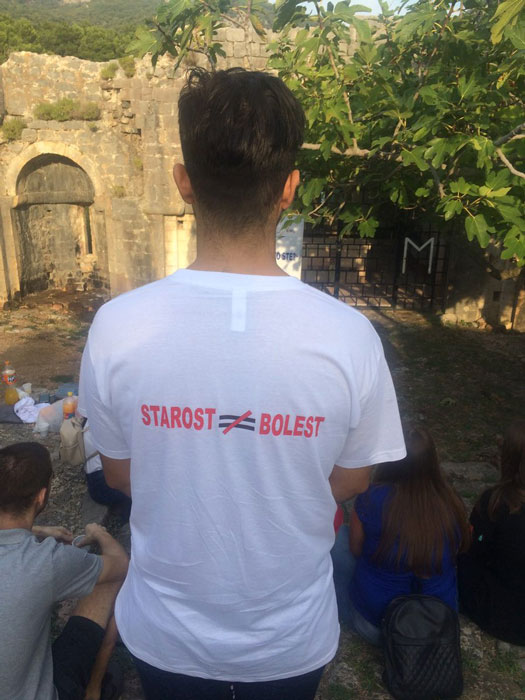
On the last day of the visit two more organisations were visited. The first one is “Udruzenje ljubitelja Gorice i prirode” that works on maintaining a part of the nature park and includes older people in this work, developing in them the familiarity with Gorica, the sense that this is a place for them where they can meet and organise workshops. The last visited organisation, “Roditelji” (“Parents”) was an example of good practice in how to successfully connect older persons and younger persons, so that they understand each other better and have a better relationship.
This monitoring visit is important because it shows that the project partners in Montenegro on the “Taking Action on Social Inclusion of Older People” project, coordinated by the Red Cross of Serbia in five regional countries and supported by European Union, Austrian Development Agency and Austrian Red Cross, achieved the goals that had been set and that future successful regional cooperation on projects related to ageing with dignity in the Western Balkans is certainly possible.
